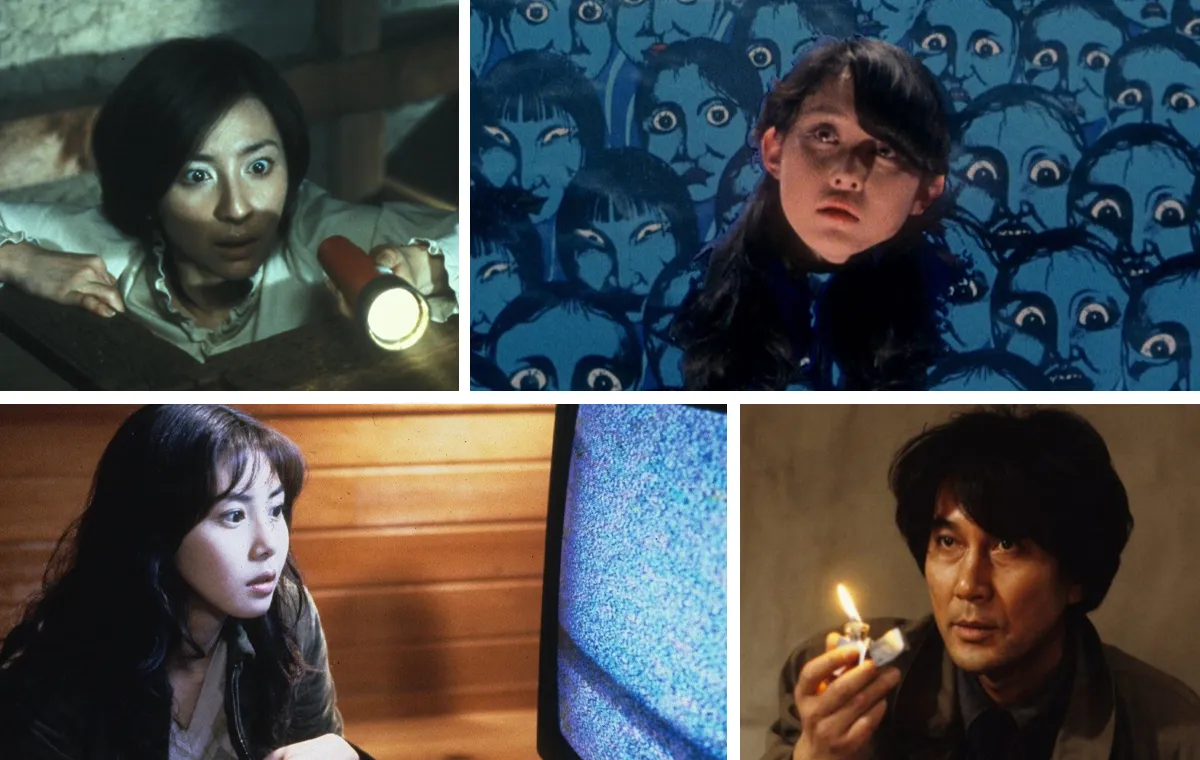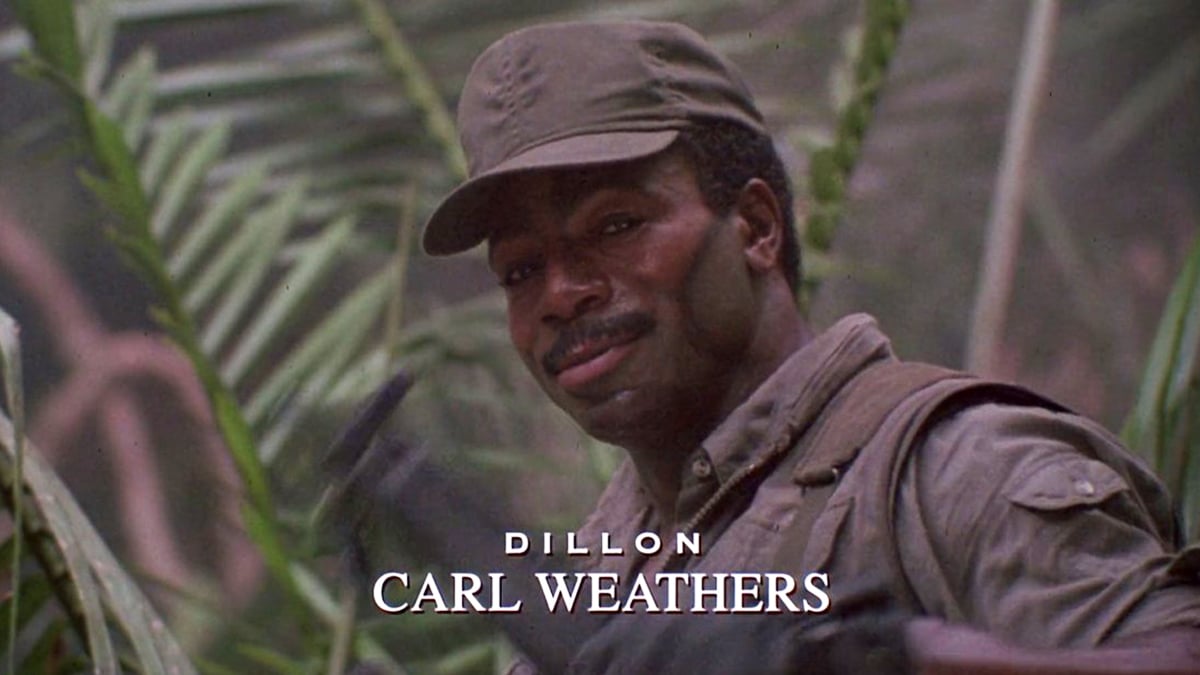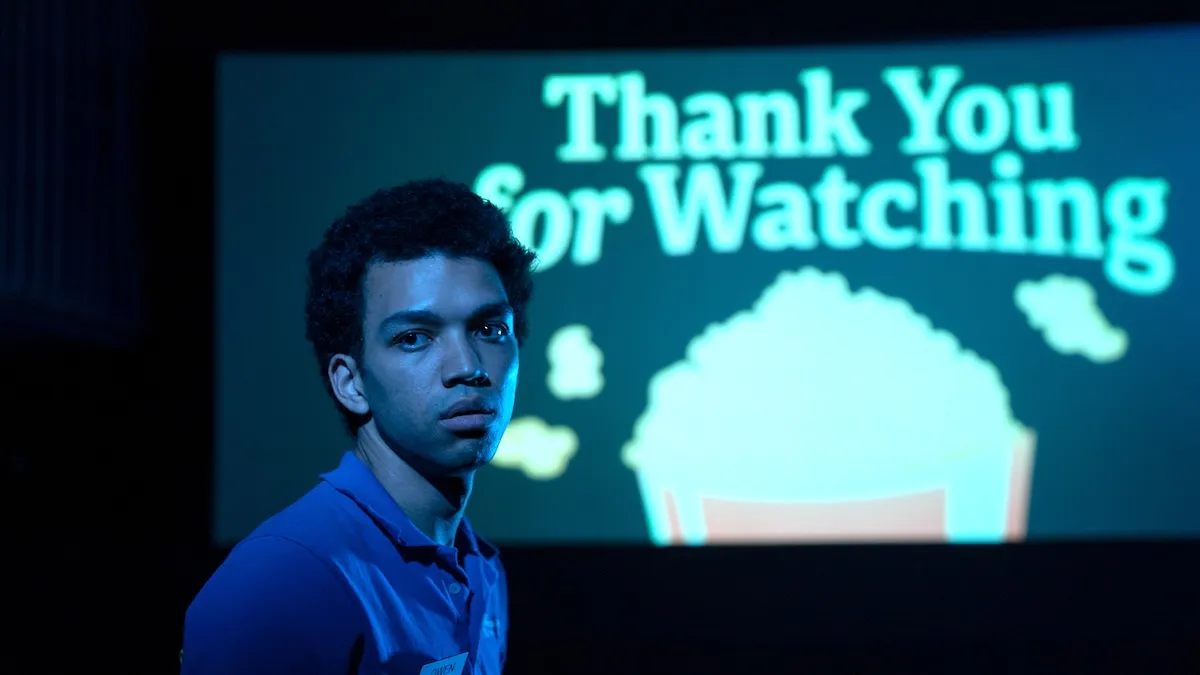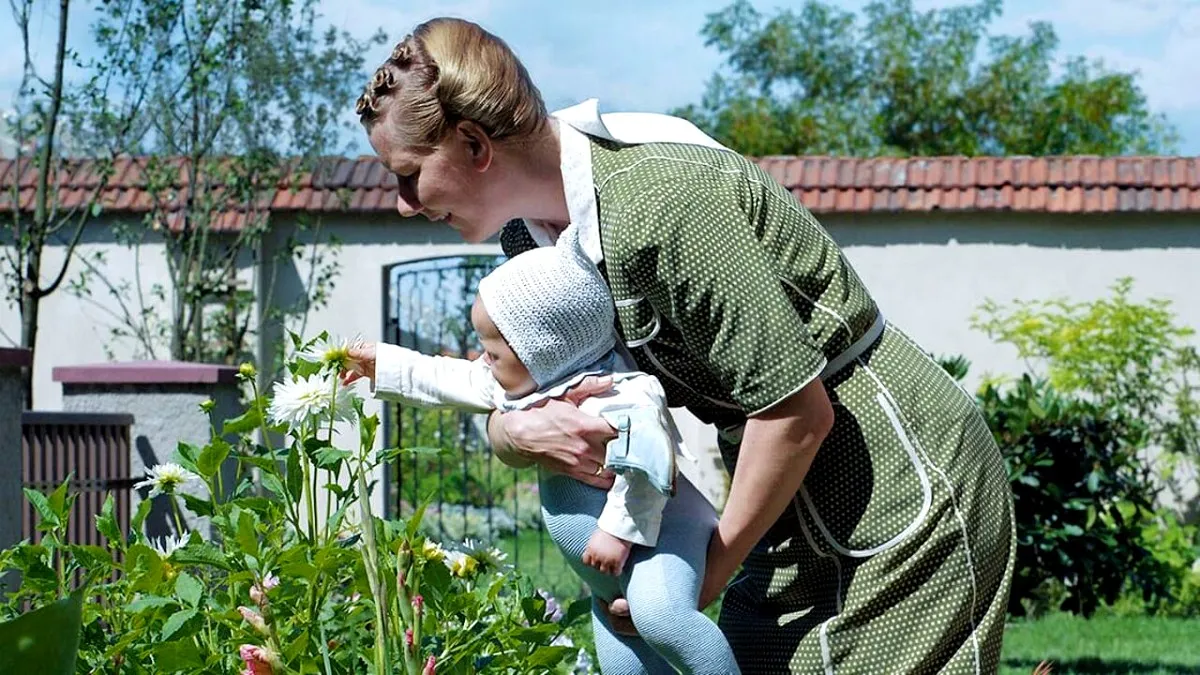Ever since Japanese horror movies entered the mainstream pop culture consciousness, we’ve been hooked. While Hollywood horror is often about as subtle as a chainsaw-wielding maniac at a garden party, Japanese horror tiptoes in with a whisper, making your spine tingle. It’s not just about spooks, specters, and that one pale, long-haired ghost (you know the one); it’s the art of crafting dread out of what otherwise appears normal.
Elevator not stopping on your floor? Probably an otherworldly presence. Static on the TV? Definitely a cursed spirit. Japan’s cinematic specters have infiltrated global pop culture so effectively that even mentioning a cursed videotape might make you second-guess your weekend binge-watching plans. Beyond the chills, these films bring with them tales of love, loss, and cultural lore, proving horror can be both haunting and heart-wrenching. And let’s be honest, their influence has been so profound that Hollywood keeps swiping right on these narratives, seeking one remake after another—but it’s tough to compete with the original, and these Japanese horror films are the real deal.
Ringu (1998)
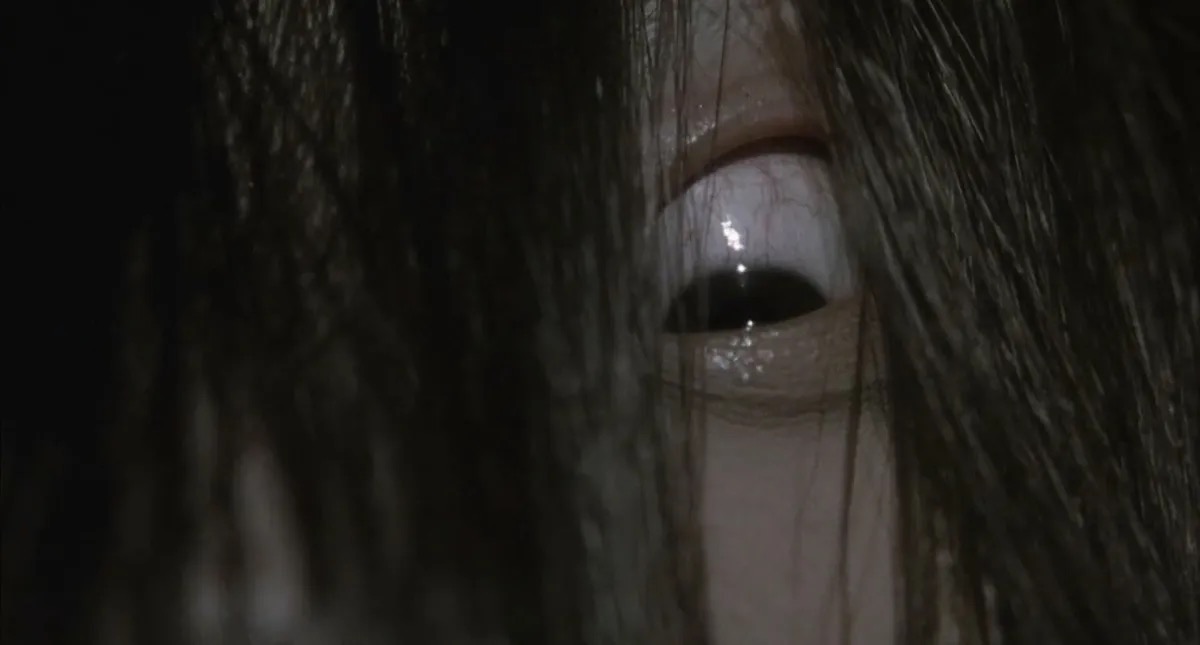
When it comes to horror flicks, Ringu is like that perpetually unsmiling colleague with the long, creepy hair who manages to photobomb your group pictures and haunt your dreams. Directed by Hideo Nakata, this film introduced the world to Sadako, a vengeful spirit with a flair for video production and a serious distaste for seven-day shipping delays. It’s no mere accident that Ringu is heralded as one of the greats.
In a genre that often thrives on cheap jump scares, Ringu opts for slow, atmospheric dread—the kind that makes you question every slightly distorted TV screen and unexplained phone call. It’s not just the chilling premise or the spine-tingling performances, but also the cultural context that adds enriches its narrative.
Ju-On: The Grudge (2002)
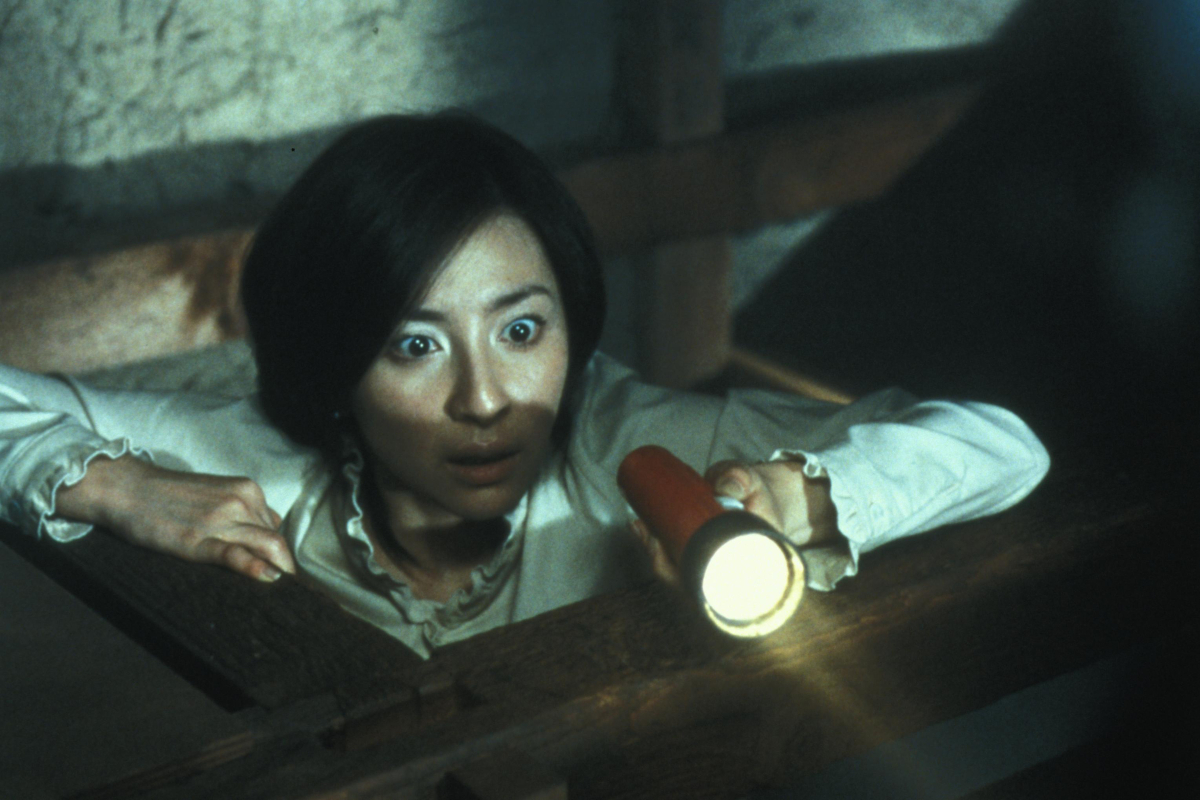
Ju-On: The Grudge is a movie so haunting it’ll make your creaky old house seem like a tropical getaway. Directed by Takashi Shimizu, this film introduced many viewers to Kayako, a spirit with a grudge so potent that it left audiences pondering their own past misdeeds, desperately seeking redemption from anyone they might have unknowingly offended.
So why does Ju-On: The Grudge sit atop the towering mountain of Japanese horror? The story is expertly paced, merging persistent tension with eeriness in such a way that, after watching, you might give that attic or closet a wide berth for a while.
Audition (1999)

Let’s talk about Audition, a film that might make you reconsider any future blind dates—or dates in general. Helmed by maverick maestro Takashi Miike, this movie unfolds like a deceptive love letter, sealed with a razor-sharp edge. Audition begins like a poignant rom-com: With the help of his movie producer friend, a lonely widower holds auditions for a fake production in an effort to find a new partner. It would be charming if not for the stomach-churning detour Audition takes into sheer psychological and visceral horror.
One might argue that the real horror here is the perils of modern dating, but I digress. What makes Audition stand head, shoulders, and dismembered feet above other horror flicks is its methodical descent into madness, bolstered by a seductively sinister performance by Eihi Shiina. When the film’s haunting climax arrives, you’re not just scared—you’re emotionally gutted, left to ponder where love ends and obsession begins.
Dark Water (2002)
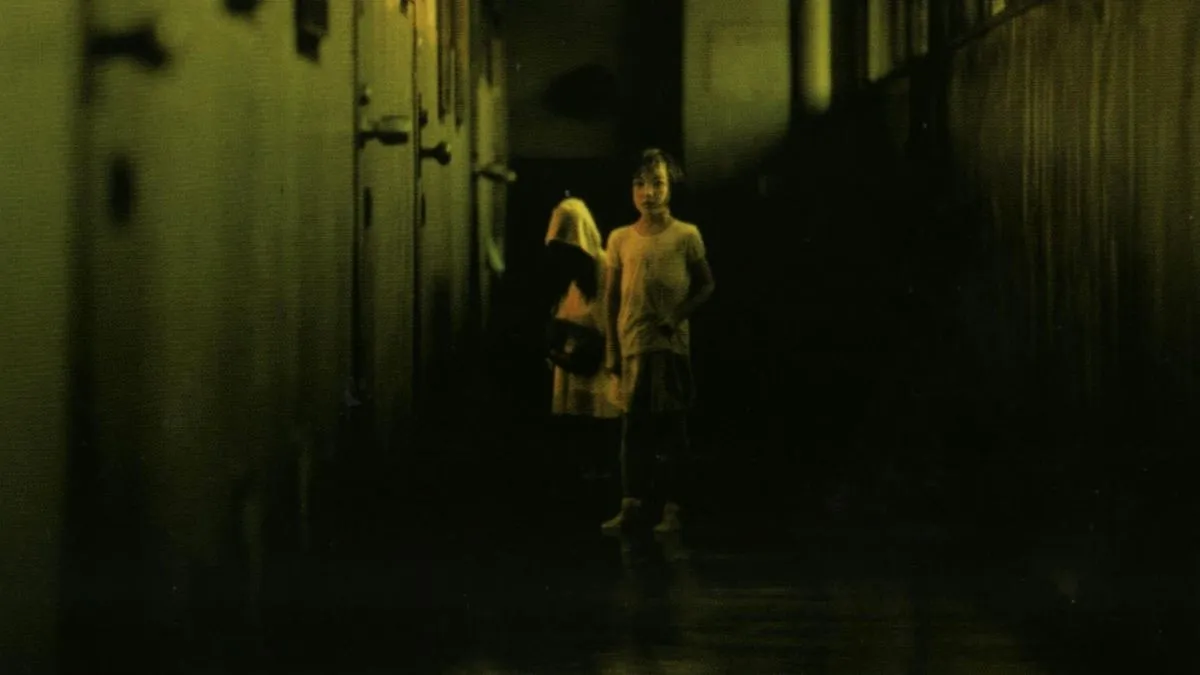
Directed by the same auteur behind Ringu, Hideo Nakata, Dark Water drips (pun intended) with a melancholy sense of dread that’s as persistent as a leaky faucet in the dead of night. Nestled within its murky narrative are heart-wrenching themes of motherhood, abandonment, and damp, seriously unwelcome ceiling stains.
Now, while many horror films rely on boisterous boogeymen to induce sleepless nights, Dark Water mesmerizes with its slow, rippling tension, proving that sometimes the most profound fears are the ones that seep in quietly. The film’s atmosphere is so thick and saturated one might feel the urge to fetch a dehumidifier.
Pulse (2001)
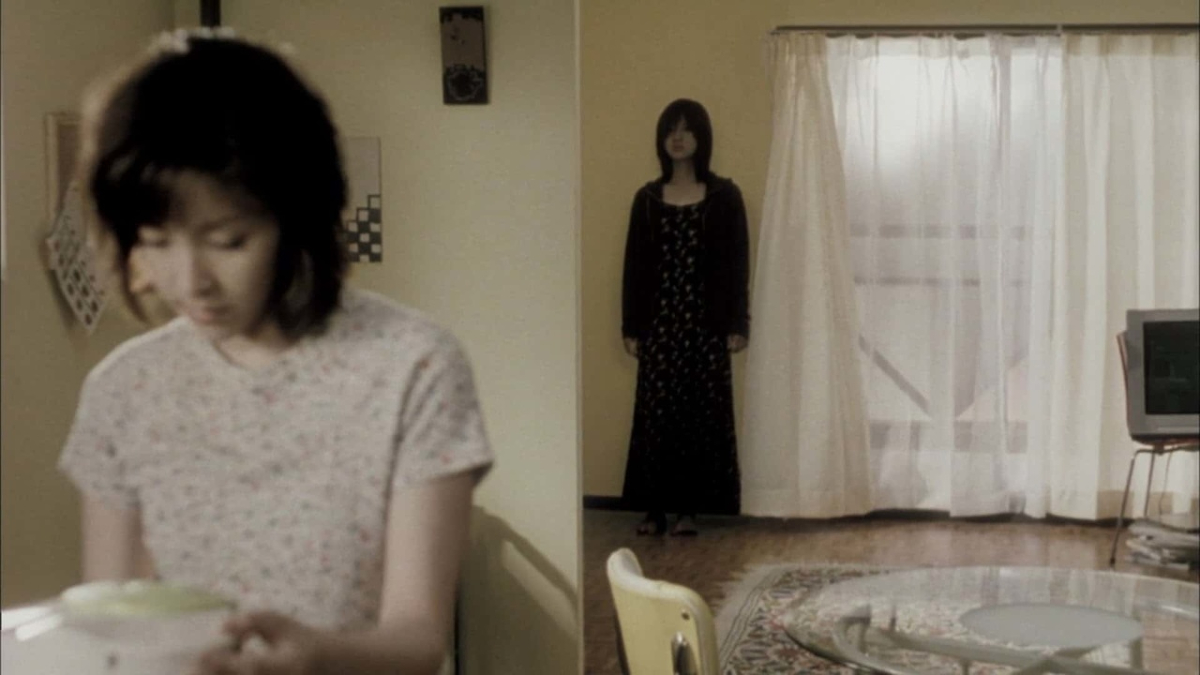
If there was ever a film that made you rethink your Wi-Fi connection, it’s Pulse. Directed by Kiyoshi Kurosawa, this haunting techno-nightmare is a potent reminder that while dial-up internet had its frustrations, at least it didn’t usher in malevolent spirits. Pulse offers a bleak look at the interconnected world, weaving a narrative in which isolation meets the digital age.
The real horror is eerily prescient, hinting at our screen-addicted, modern lives long before your grandma discovered emojis. With its ethereal visuals and the lingering sense of unease, Pulse doesn’t just give you the chills; it sends your soul buffering. It’s a movie that operates less like a shrieking pop-up and more like a slowly loading webpage of doom.
Noroi: The Curse (2005)
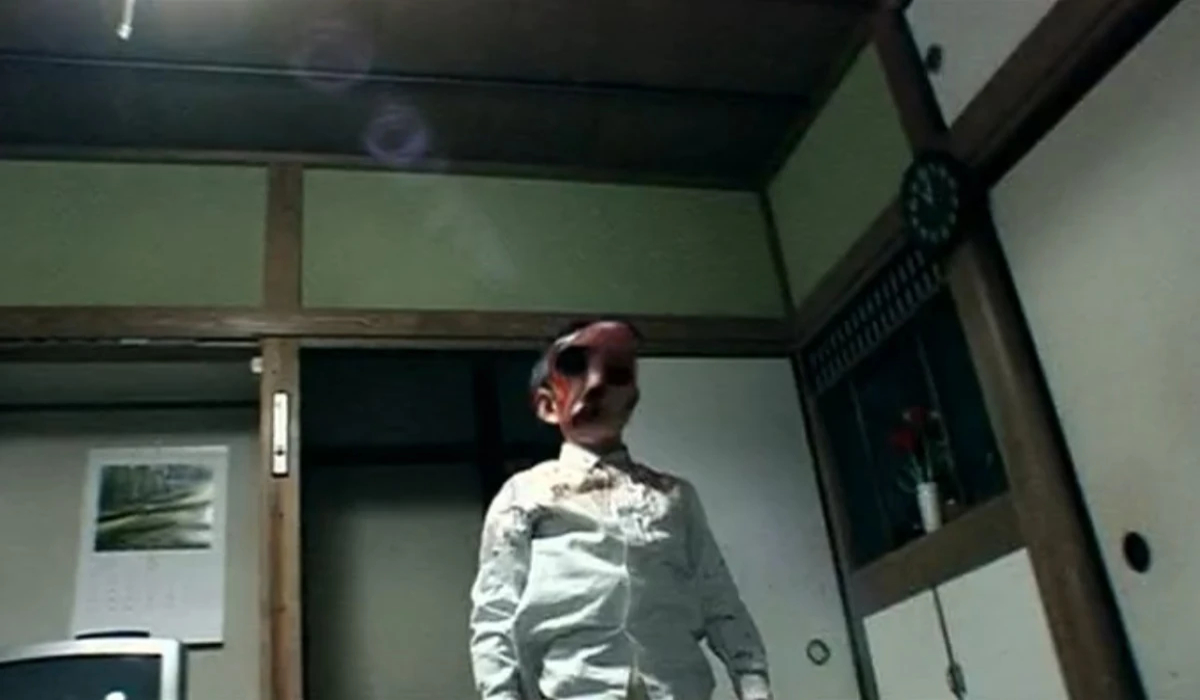
For those unfamiliar with the found footage film technique, I recommend giving Noroi: The Curse a shot. Directed by Kôji Shiraishi, this film takes viewers on a haunting journey that’s about as comfortable as wearing a wool sweater in a humid Tokyo summer. Documenting paranormal activities long before everyone and their pet poodle had a vlogging channel, the film masterfully uses its pseudo-documentary style to blur the lines between reality and fiction.
The film follows the chilling story of documentary filmmaker Masafumi Kobayashi, who specializes in paranormal phenomena. After bizarre incidents and encounters with a young psychic girl, Kobayashi stumbles upon a curse connected to an ancient, evil entity named Kagutaba. If you’re seeking a cerebral chiller that’ll leave you mulling over its mysteries long after it ends, this one’s a keeper.
Onibaba (1964)
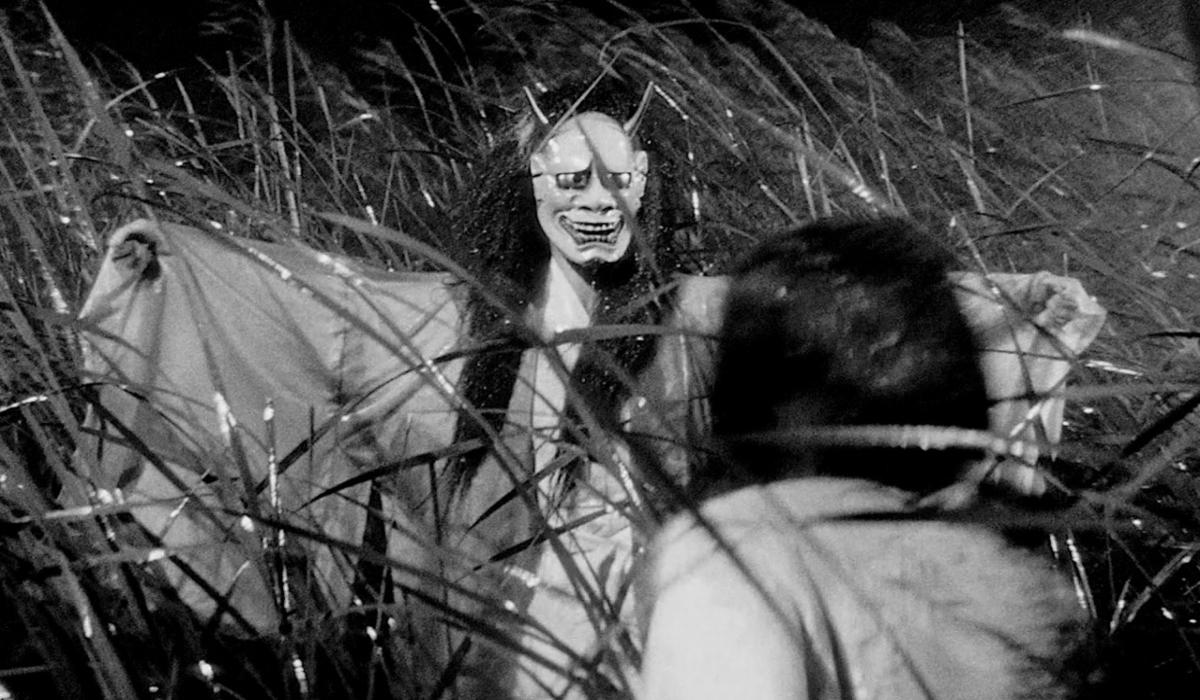
Onibaba is a vintage gem that emerges from the cinematic vaults of Japan like that one mysterious antique you’re pretty sure could be cursed—but it’s just too exquisite to resist. Directed by Kaneto Shindô, this film simmers with sensuality, suspense, and, notably, tall reeds. Yes, reeds. Never thought swaying grass could make you nervous? Think again.
Onibaba is set in the war-ravaged 14th century countryside, where a mother and her daughter-in-law eke out a difficult existence by ambushing unsuspecting samurai to steal and sell their valuable armor and weapons. Their fragile life is further complicated when a neighbor returns from the war, bringing news of the son/husband’s death and igniting a passionate affair with the younger woman. Onibaba blends folktale with historical context, serving a heady brew of human desire, desperation, and devilish masks.
Kwaidan (1964)
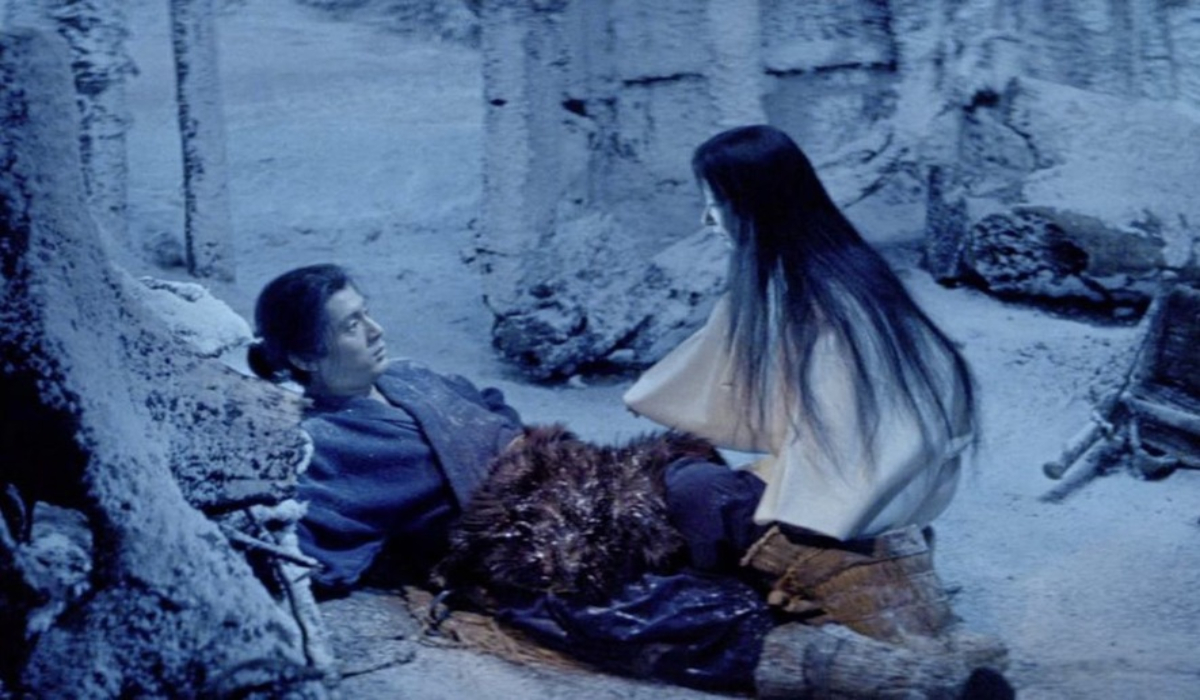
Kwaidan isn’t your average ghost story compilation—it’s more like a lavish, artfully curated package of supernatural tales, each more delectable and spine-tingling than the last. Directed by Masaki Kobayashi, this film is a a series of hauntingly beautiful nightmares, where each segment is painted with such luxurious visuals that it’s like watching a kaleidoscope of ghostly encounters.
Yes, that’s right, it’s not just about the thrills here; it’s about the aesthetics. It’s like enjoying a gourmet meal—every detail is considered, every frame a feast for the eyes. And just like leaving a fine dining restaurant, it lingers on your palate (or in this case, your psyche) long after the experience ends.
House (1977)
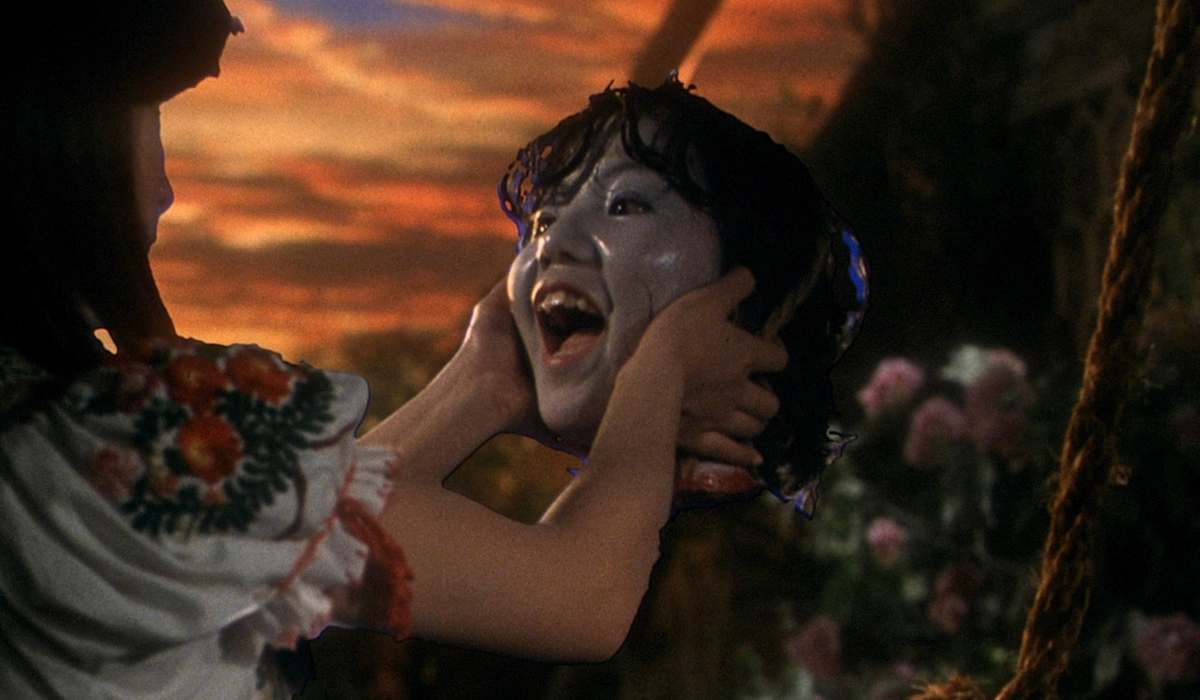
House isn’t just a haunted house film. It’s as if Salvador Dalí decided to throw a surreal slumber party and invited all your weirdest dreams—and nightmares. Directed by Nobuhiko Obayashi, the film follows a schoolgirl named Gorgeous and her six friends, each named for their defining traits: Prof, Melody, Kung Fu, Fantasy, Mac, and Sweet. As summer breaks, they decide to visit Gorgeous’s aunt’s remote mansion when her plans with her father are upended.
However, they encounter a series of increasingly bizarre and supernatural occurrences upon arrival. House is a phantasmagorical blend of the odd and the beautiful, where logic takes a backseat and absurdity reigns supreme. I mean, who doesn’t love a carnivorous piano and a feline portrait that spews gallons of blood?
Cure (1997)
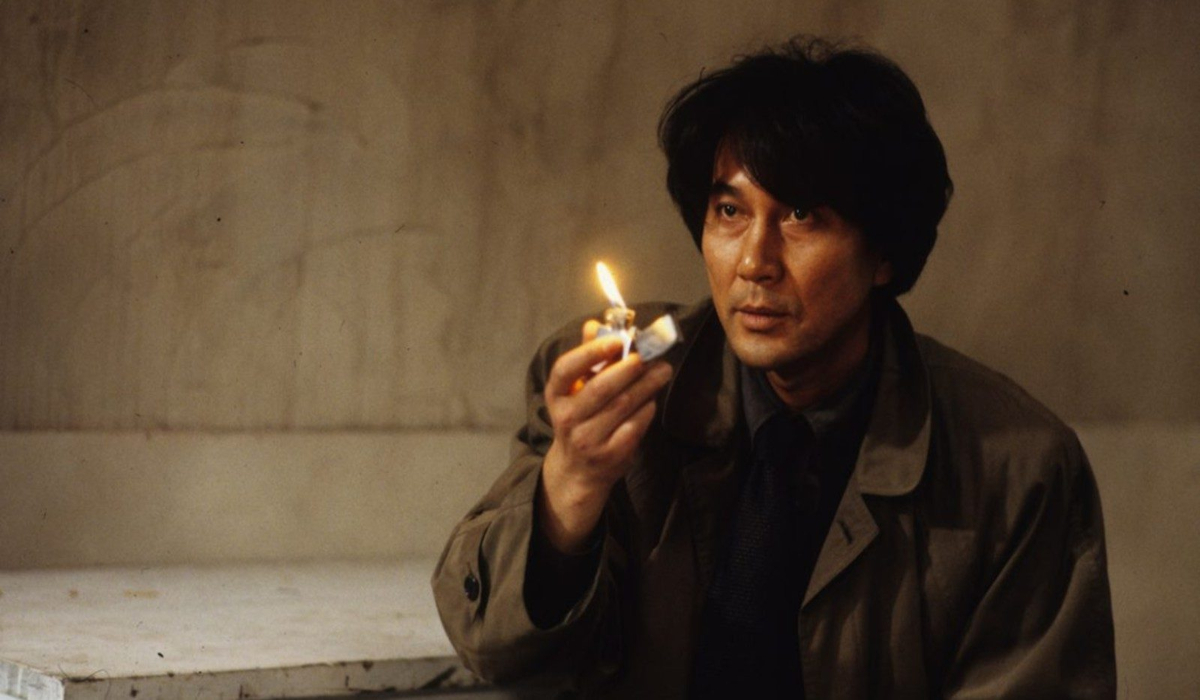
Cure is a film that dares to ask: what if hypnosis went a tad … homicidal? Kiyoshi Kurosawa’s film follows Tokyo investigator Takabe as he investigates a string of mysterious deaths in the Japanese capital. Each crime involves different culprits, but they share a chillingly identical modus operandi: an ‘X’ carved into the victims’ necks and a complete lack of motive for the killers, who appear disoriented after committing the crimes.
Kurosawa crafts a haunting narrative that blends together elements of crime, horror, and existential drama. Cure playfully pokes at the idea of free will and the shadowy depths of our twisted human psyche.
(featured image: Lionsgate Films / Toho / Daiei Film)



